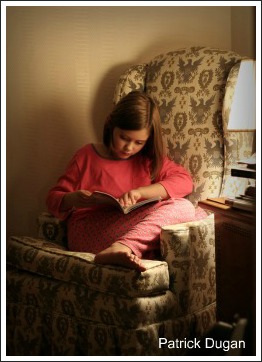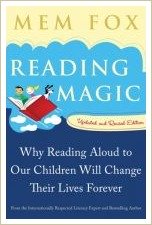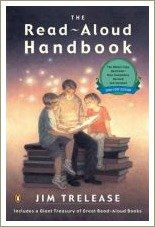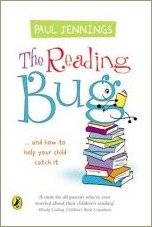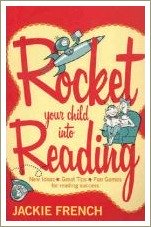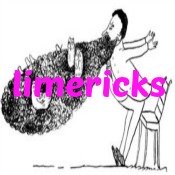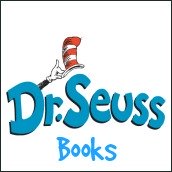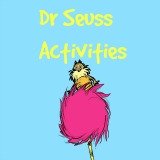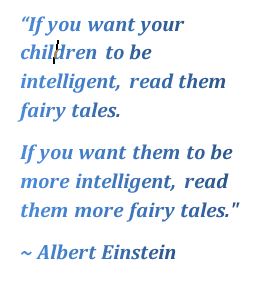You are here: home / how to raise a reader / books about raising readers
Books About Raising Readers
These four great books about raising readers contain loads of useful tips about how to get your kids into reading. As parents, most of us are keen to encourage a love of reading in our children but sometimes it can be hard to know how to do this. We know that reading is important for our children's success at school and we're committed to raising our children to love books and reading.
But how exactly do you do this? It's not always obvious or easy. Even parents who love to read themselves can feel a bit lost when it comes to the question of how to actually raise a reader.
New and experienced parents alike can struggle with the nitty-gritty of it all:
- when should you start reading to your baby?
- what sort of books should you choose?
- how can a parent help a struggling reader?
- what do you do if your child hates reading?
You'll find lots of information about getting kids into reading on this website but if you're interested in more detail there are also some great books available on the subject.
The four books I've reviewed stand out as my favourite books for parents about children and reading.
All four of these books about raising readers should be widely available in libraries and bookshops, although they're also cheap to buy. You can also buy them online - with free postage anywhere in the world - through the Book Depository.
1. Reading Magic
If you're only going to buy one book about raising readers, this inexpensive little book is the one to hunt down. In fact, whether you are pregnant for the first time or your children are a little older, please, please beg, borrow or buy a copy of Reading Magic. The book is beautifully written with lots of information about the importance of reading aloud to children from their earliest days, as well as some great ideas to encourage reading in children. As well as being an author of the most beautiful picture books for young children, Mem Fox is also a teacher and literacy advocate so her advice is backed up with lots of research. Reading Magic is quite a short book, full of humour and very easy to read.
2. The Read-Aloud Handbook
This book was originally published in 1979 and is still in print. It contains loads of ideas to encourage reading in children and some great information which backs up the importance of reading to children. There are also lists of the best books to read aloud for each age group. Originally a journalist, Jim Trelease has some interesting things to say about the US education system, with its emphasis on testing almost to the exclusion of all else. Like Mem Fox, Jim is a passionate advocate for children's literacy and the importance of reading to children.
3. The Reading Bug
This is another book which is well worth looking out for. Paul Jennings is a children's author but before he started writing full-time, he was a special-education teacher and then a speech pathologist. Like Mem, Paul believes parents are the best reading teachers in the world and that parental involvement is key to a child learning to read and use language. This is another easy-to-read book which presents simple strategies to show how parents can use books to enrich their children's lives.
Chapters include:
|
|
4. Rocket Your Child into Reading
Best known as an Australian children's author, Jackie French is also dyslexic. She struggled at school with reading and writing and knows first-hand all about the impact these struggles have on a child's self-esteem and attitude to school and learning. In this book, Jackie looks at the different ways children learn and how we can help children learn to read. She also has some fun ideas to encourage reading in children, from babies all the way through to teens. This is interesting because most books about raising readers focus on younger children. I particularly enjoyed the section on encouraging teenage readers. Chapter 4 is entitled How to Spot Reading Problems and How to Help and has some wonderful ideas about how parents can help struggling readers.
